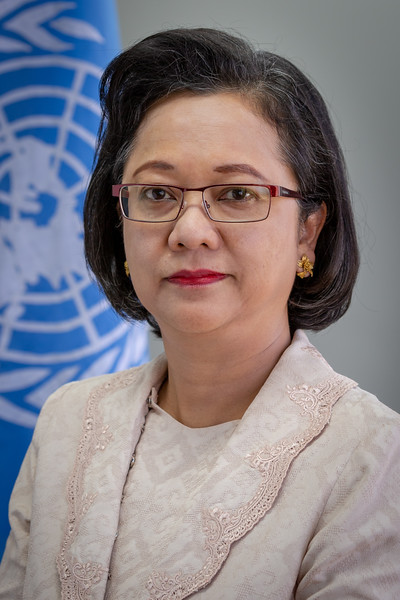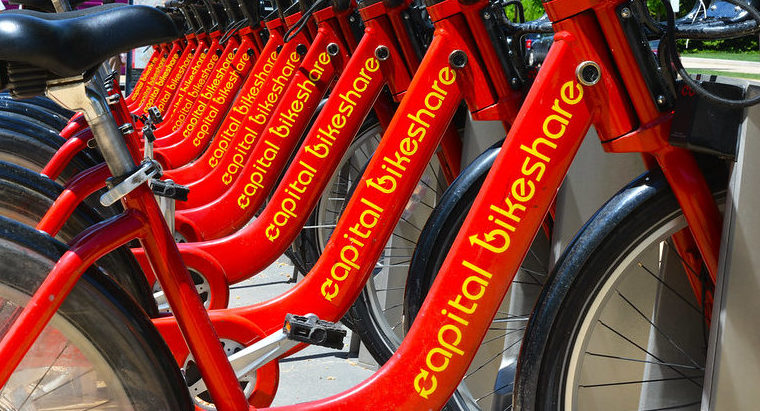
Four Asian cities club together to tackle plastic waste
17 May 2020
by Sarah Wray
The United Nations Economic and Social Commission for Asia and the Pacific (ESCAP) is working with four Southeast Asian municipalities to test how smart city technologies could reduce plastic waste pollution in rivers and oceans.
The Closing the Loop initiative has been launched in partnership with the Government of Japan and the cities of Kuala Lumpur, Malaysia; Surabaya, Indonesia; Nakhon Si Thammarat, Thailand; and Da Nang, Vietnam. Each will trial a digital tool which incorporates remote sensing, drones, and satellite- and crowdsourced-data applications to detect and monitor the sources and pathways of plastic waste entering rivers.
Fast-growing cities in Southeast Asia are responsible for up to 60 percent of plastic waste leakage into the environment, according to ESCAP. In terms of land-based sources of marine plastic pollution in the region, 75 percent originates from uncollected waste, and 25 percent from leakages in municipal waste management systems. Up to 95 percent of plastic in the ocean is transported by ten major rivers, eight of which are in Asia.
Cities on the front line
“Cities are on the front line in addressing plastic waste in ASEAN, which is the world’s most polluting region when it comes to ocean plastics,” said Armida Salsiah Alisjahbana, United Nations Under-Secretary-General and Executive Secretary of ESCAP. “The proliferation of plastic pollution in our oceans is a serious climate change hazard, and thanks to the strong support of the Government of Japan, this innovative new project comes at a timely moment to accelerate action on the issue.”
The Closing the Loop programme will produce plastic waste ‘hot spot’ maps and simulations for each pilot city. It will also deliver training for city officials to use the technologies to monitor, assess, report on and manage plastic waste, and to strengthen municipal solid waste management systems. The project aims to generate tools for policy-makers to help them apply circular economy strategies to managing their plastic waste.
At the 2019 G20 Osaka Summit, Japan’s Prime Minister Shinzo Abe announced the Osaka Blue Ocean Vision to reduce additional pollution by marine plastic litter to zero by 2050. He said Japan would support developing countries’ efforts to achieve this goal.
According to the International Union for Conservation of Nature (IUCN), at least 8 million tons of plastic end up in the oceans every year and this makes up 80 percent of all marine debris from surface waters to deep-sea sediments. Marine species can ingest plastic or become entangled in it, which can cause severe injuries and deaths. Plastic pollution also threatens food safety, human health and contributes to climate change, according to IUCN.








